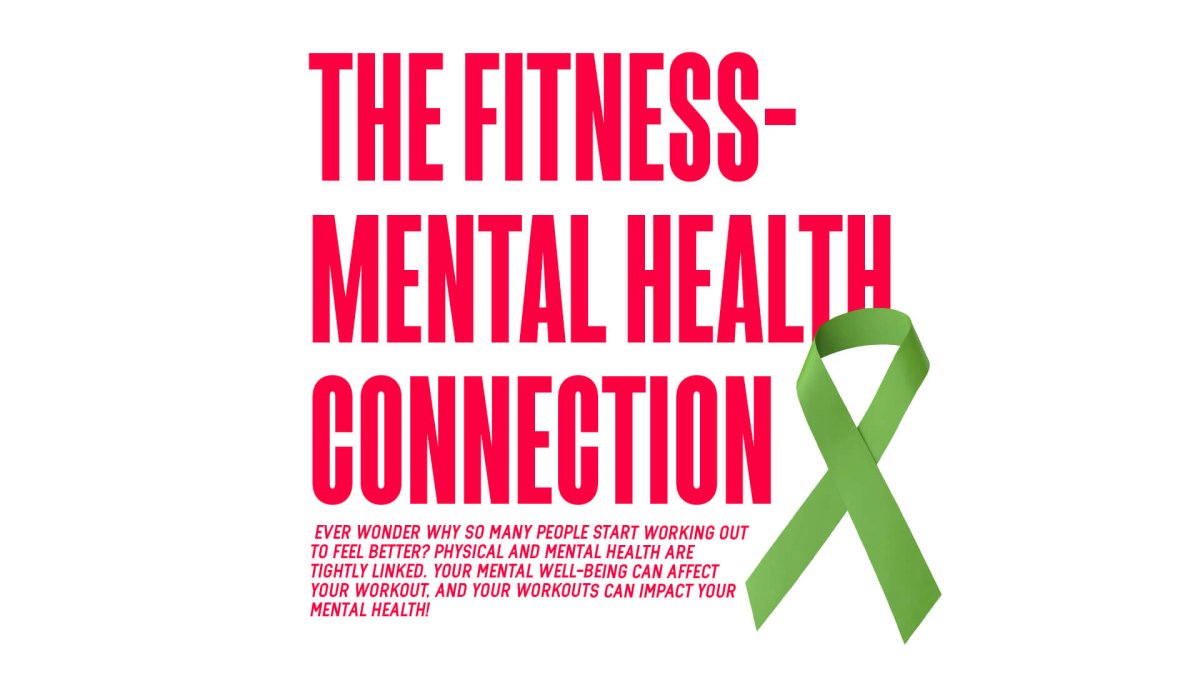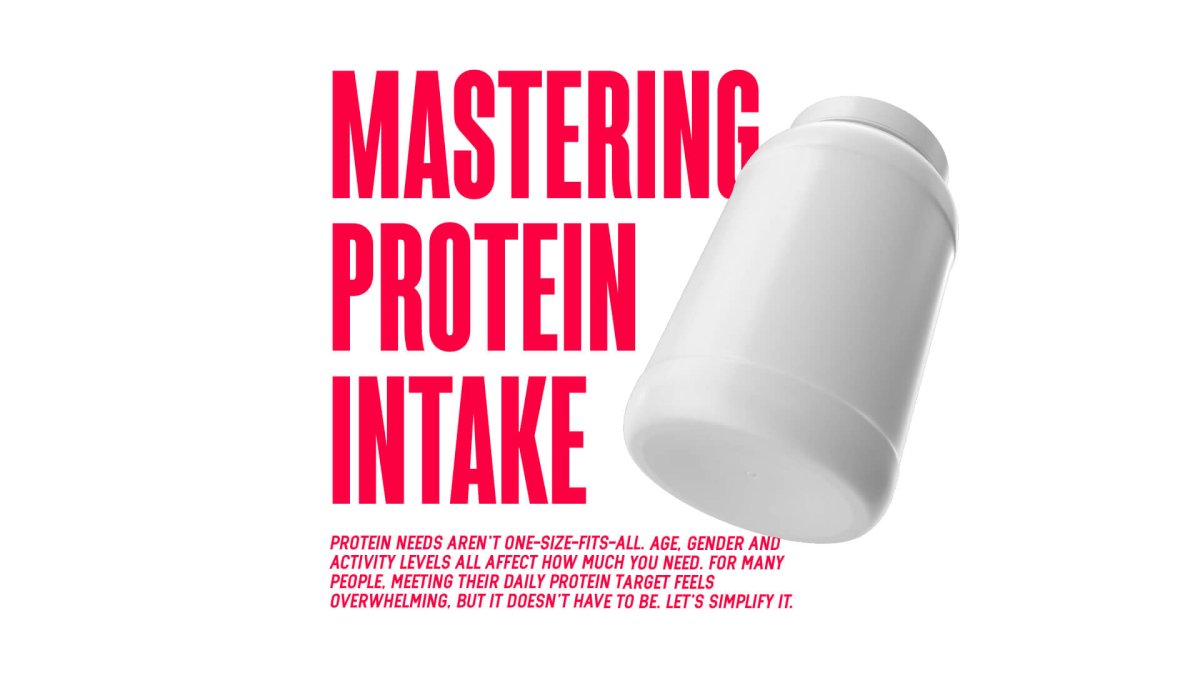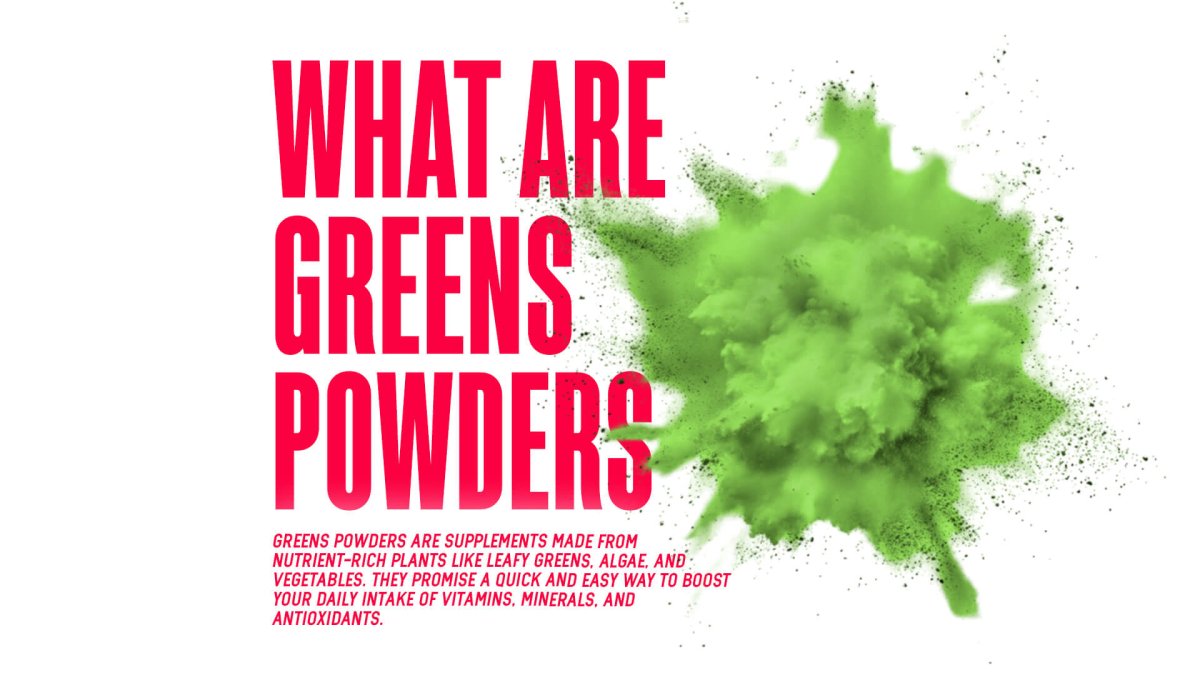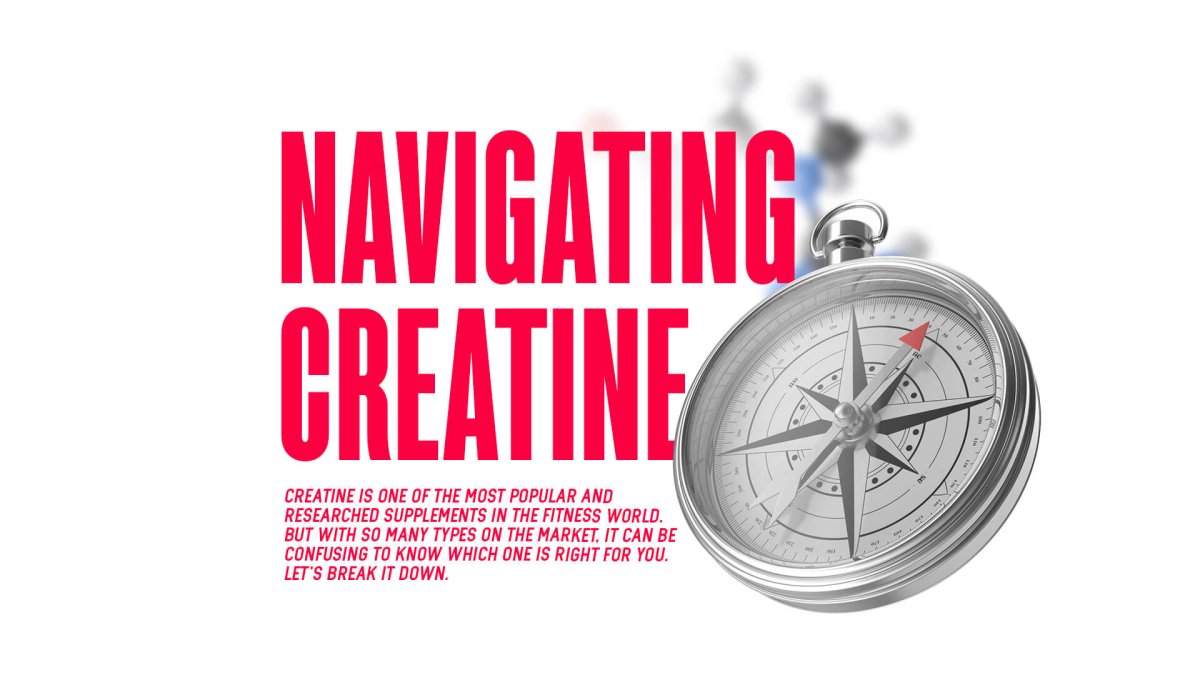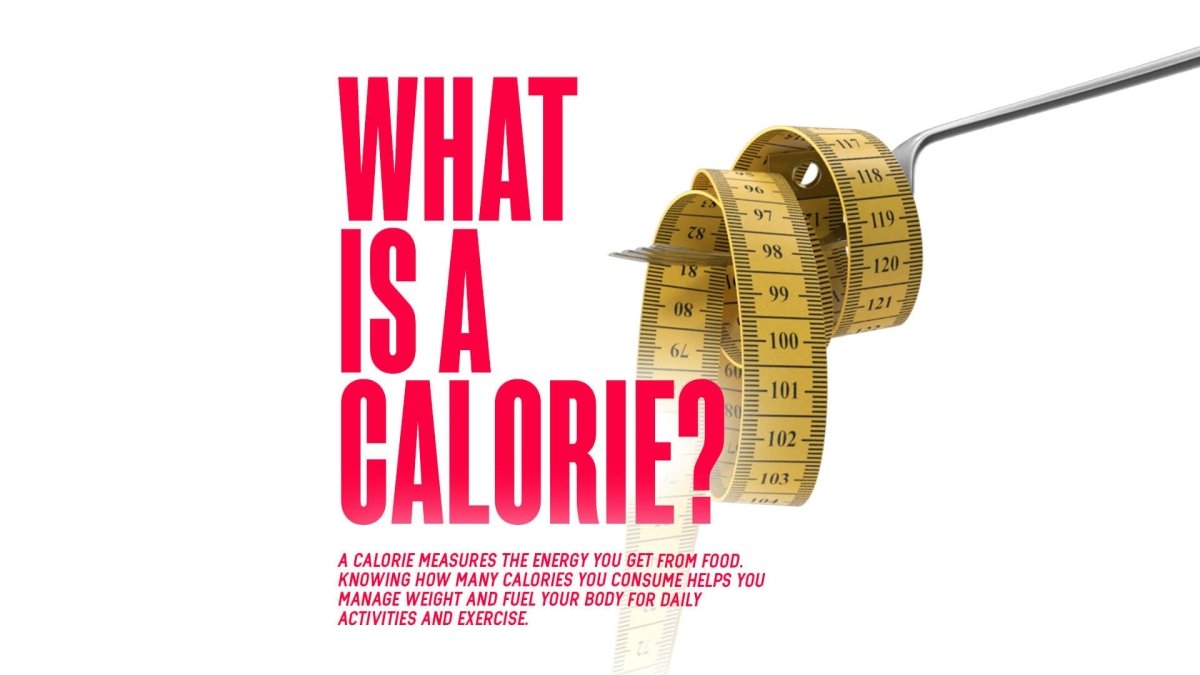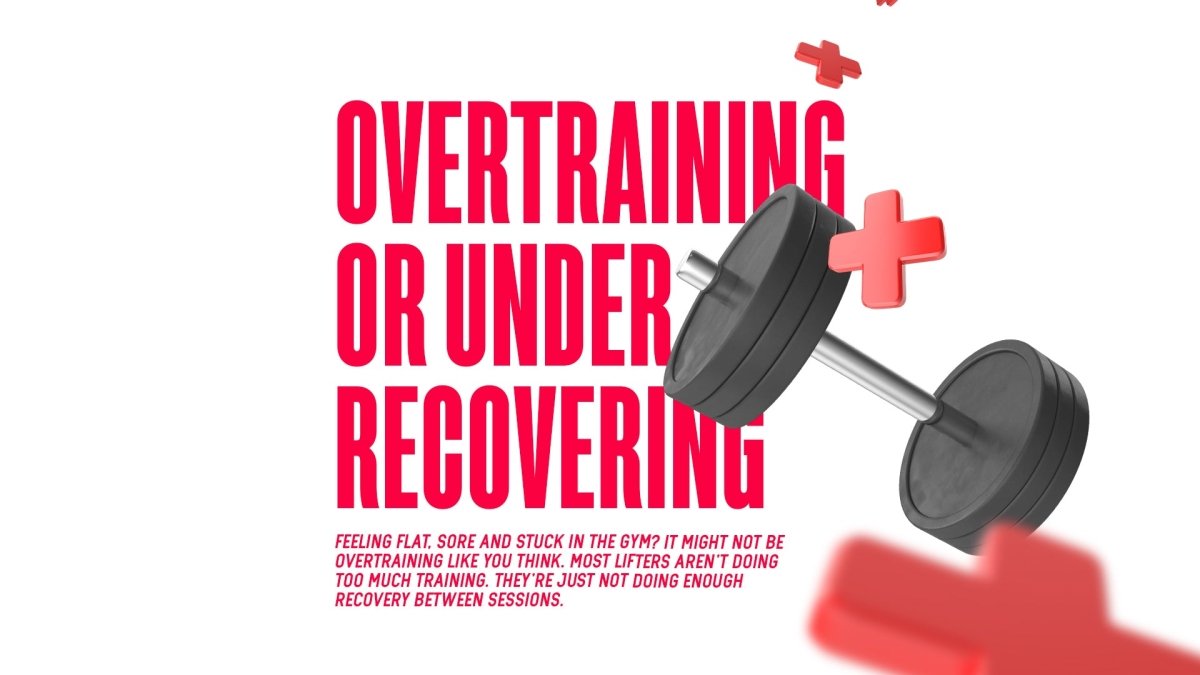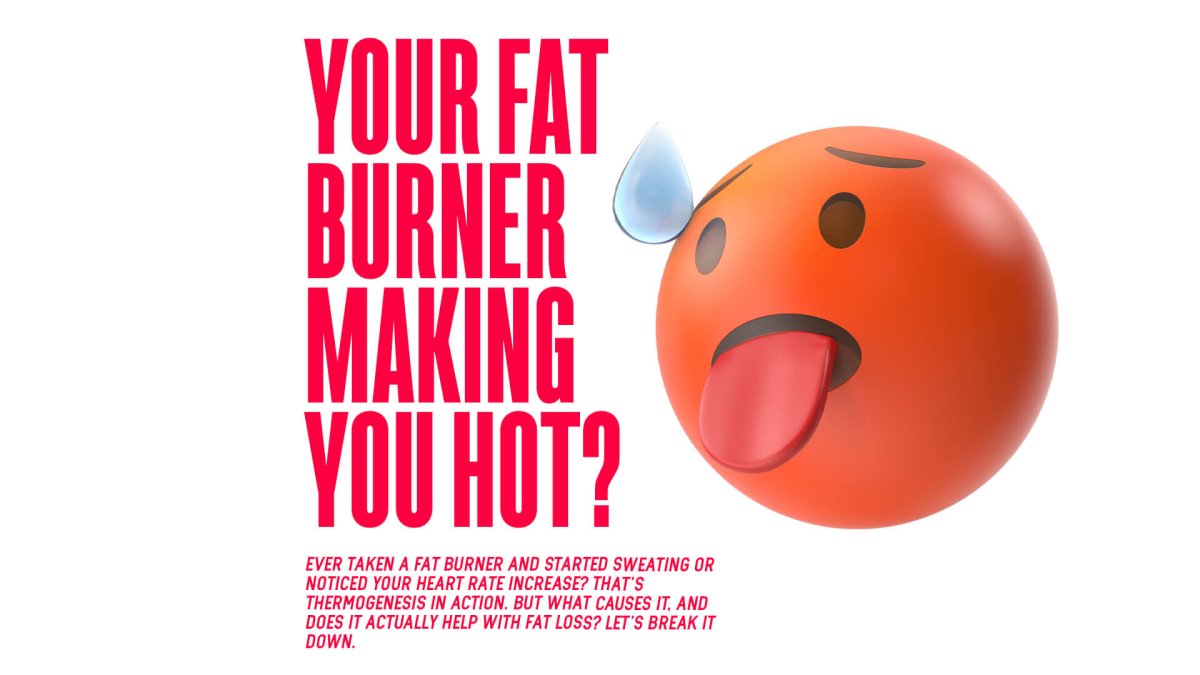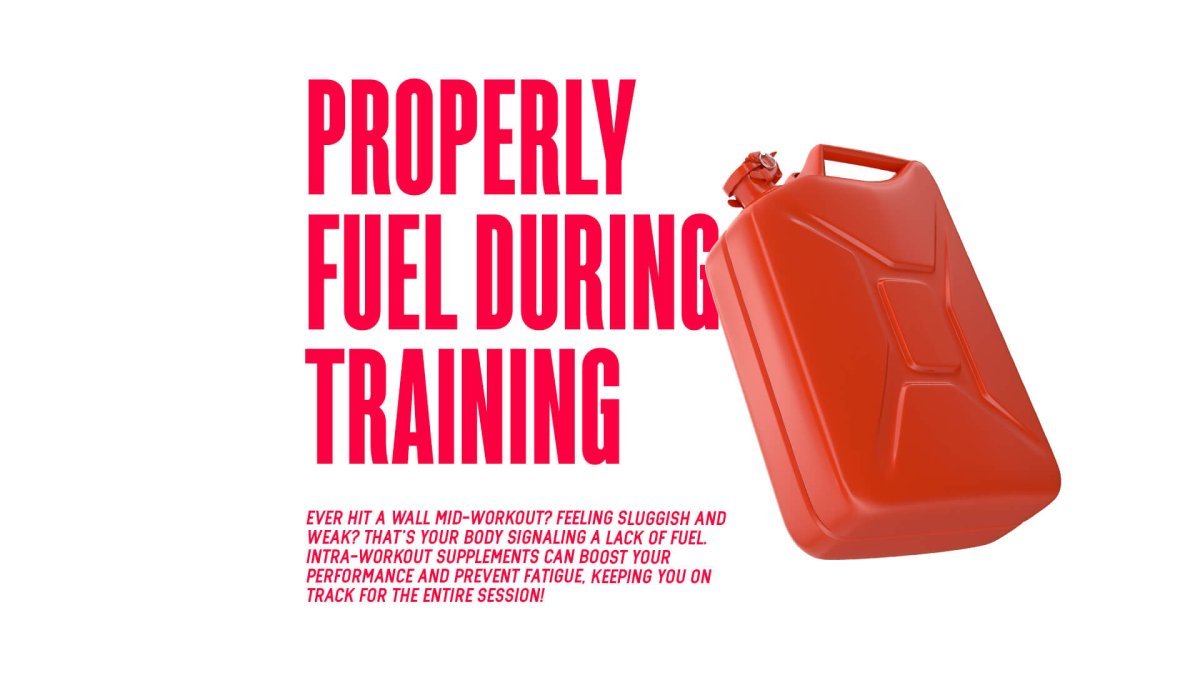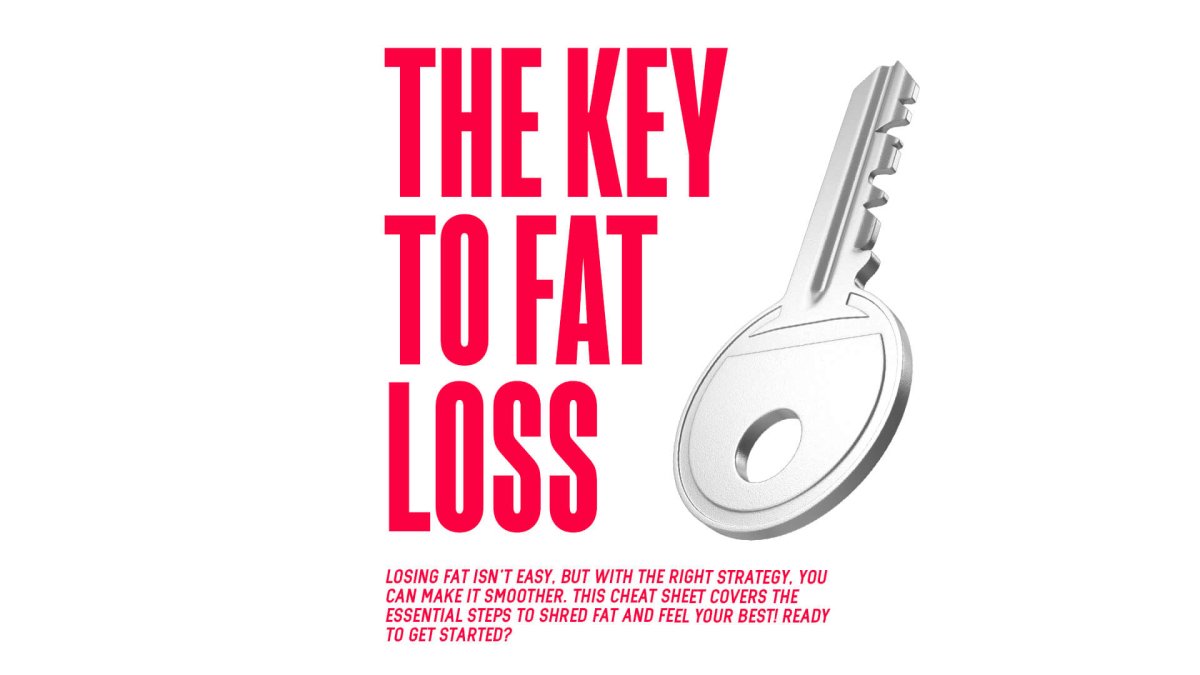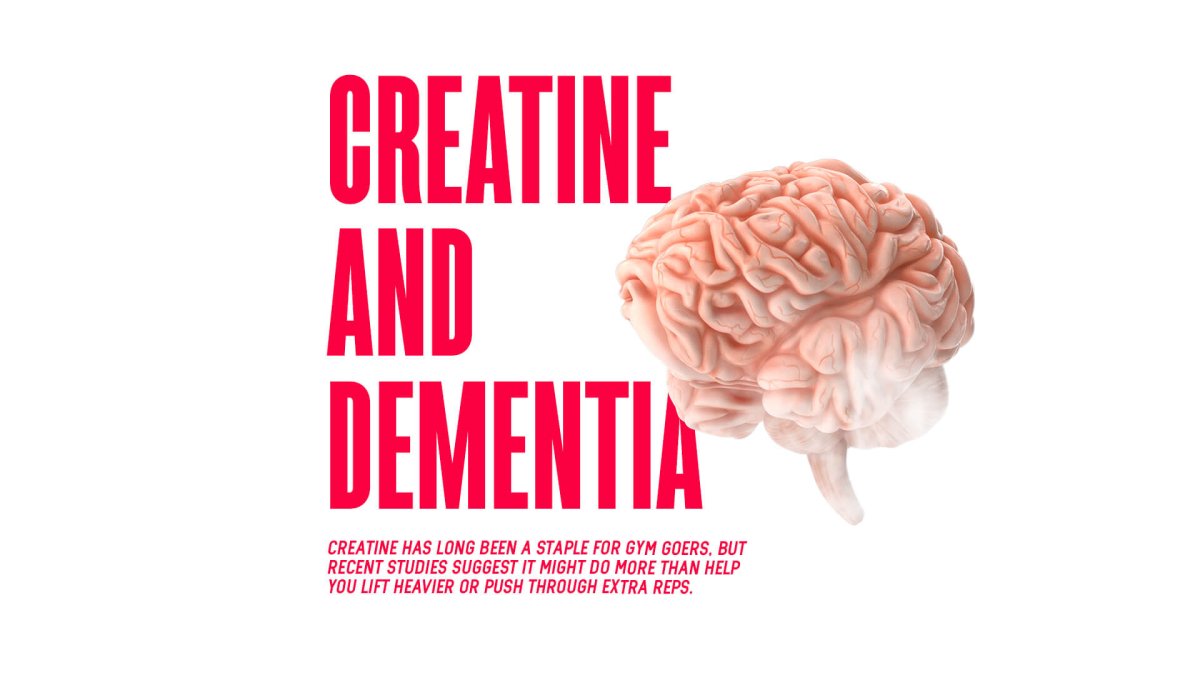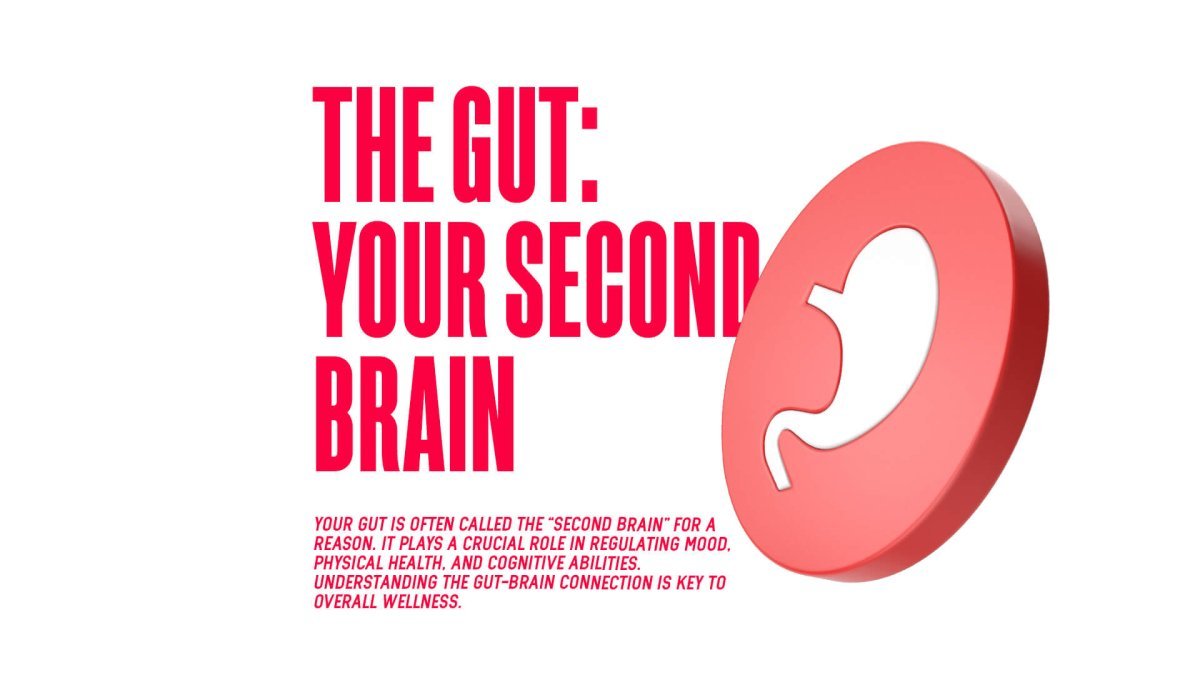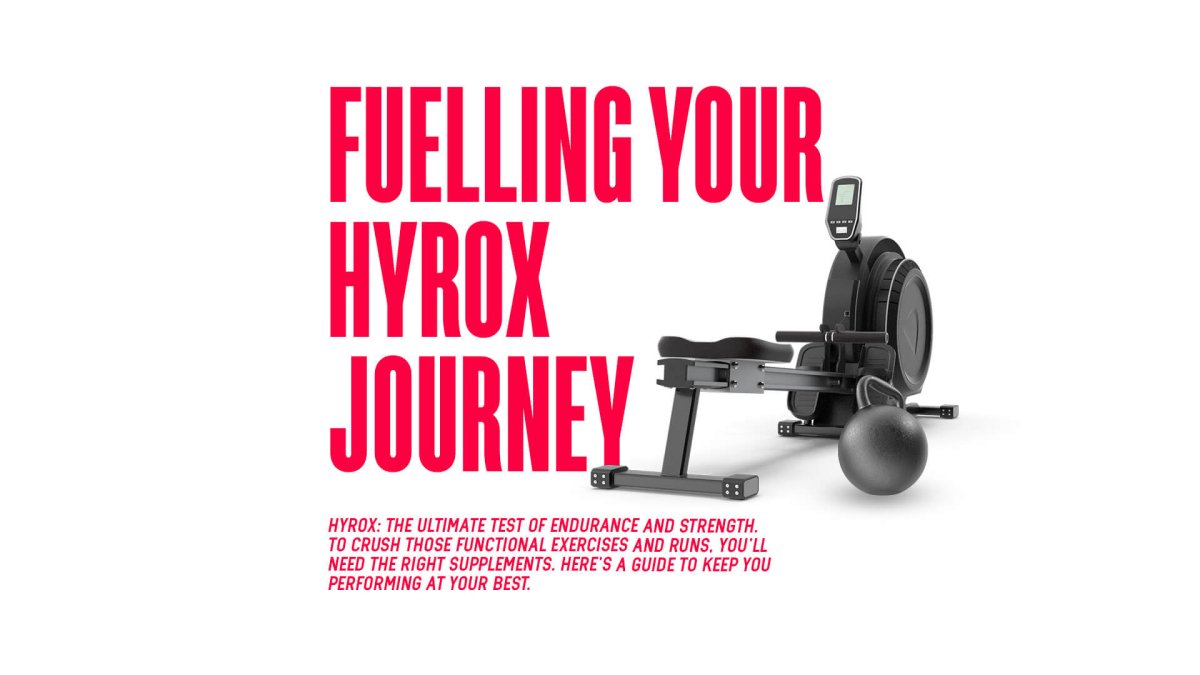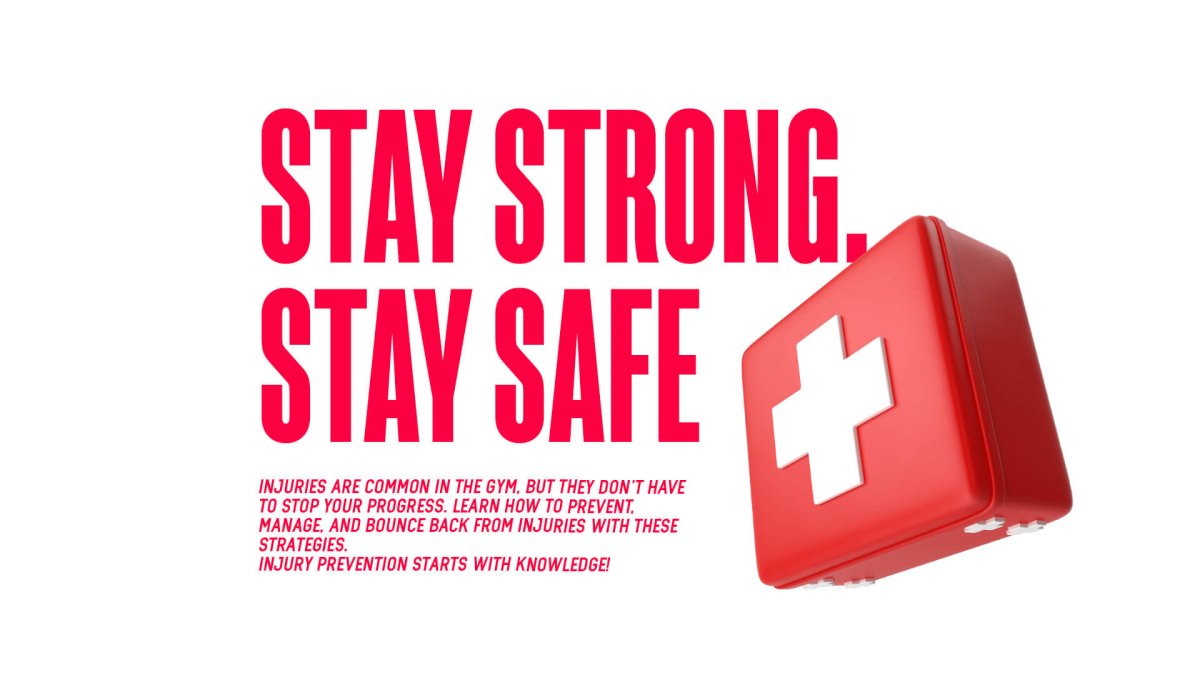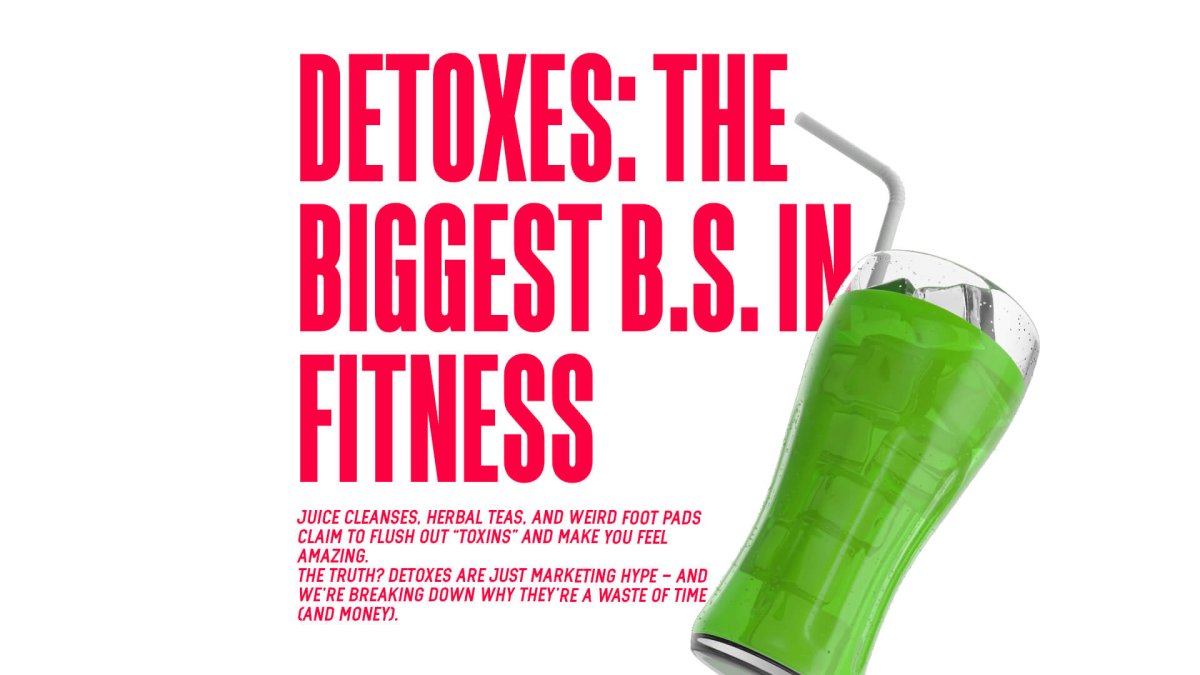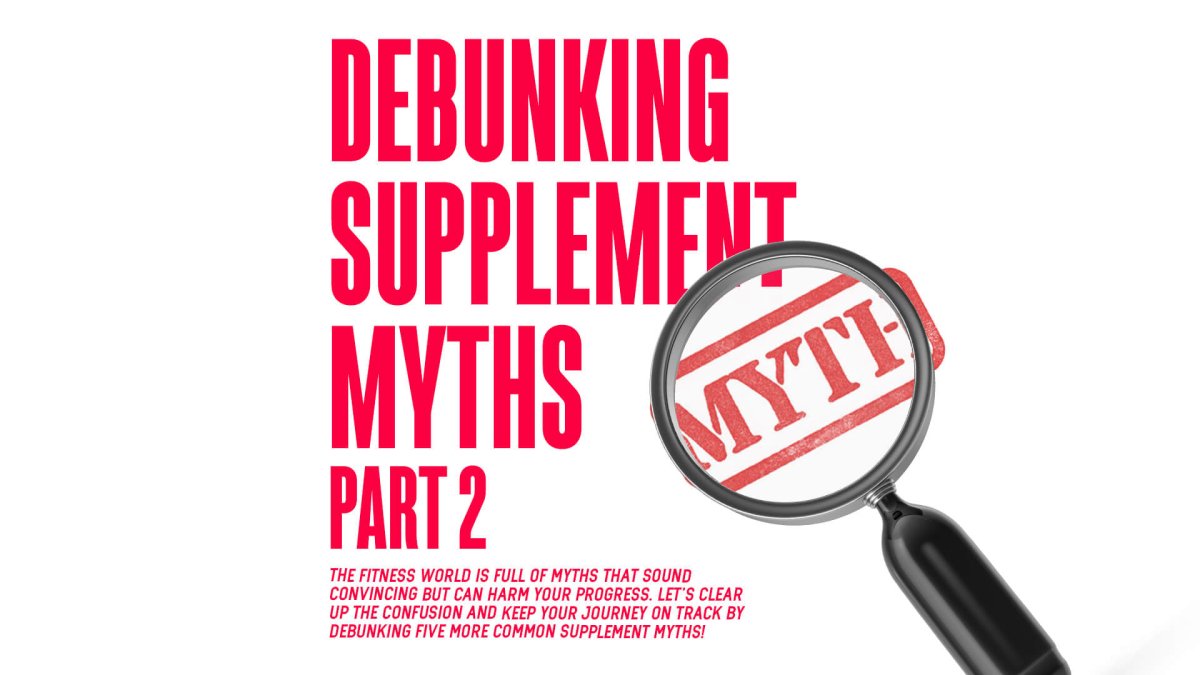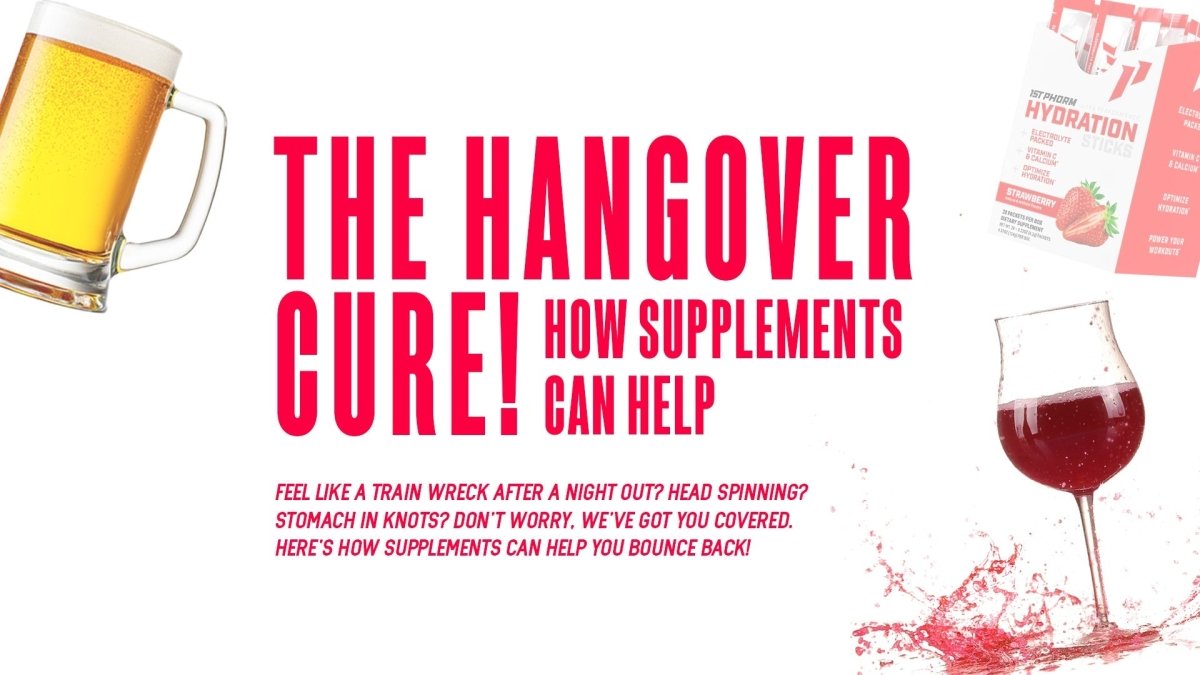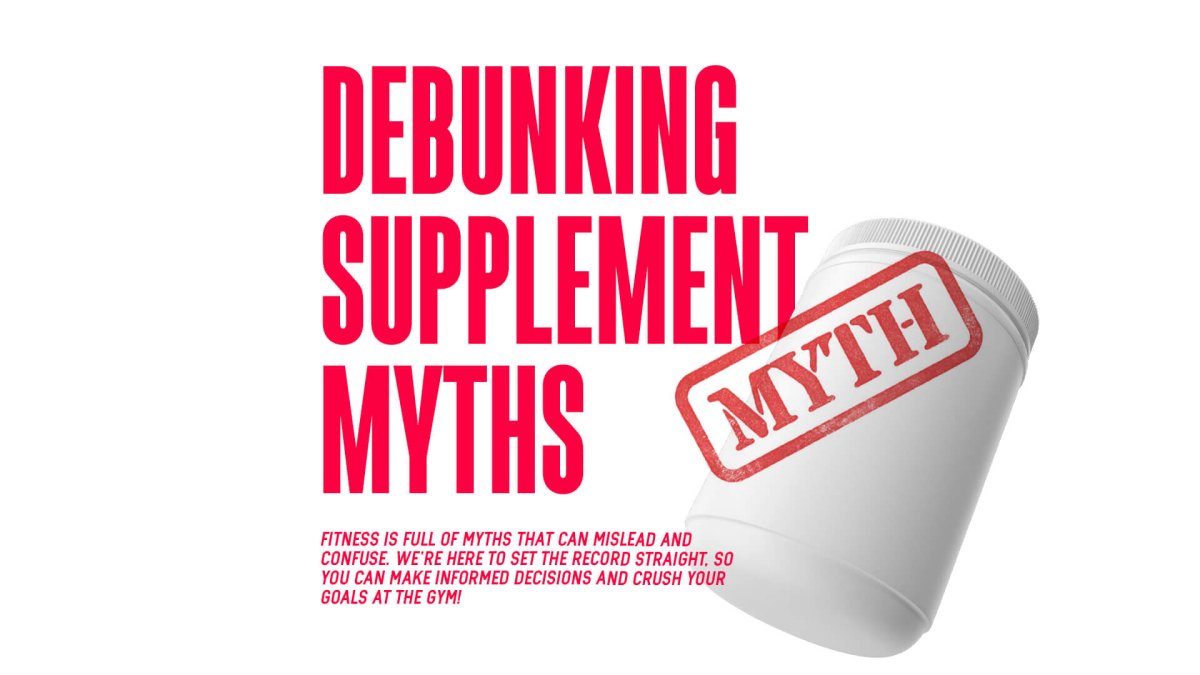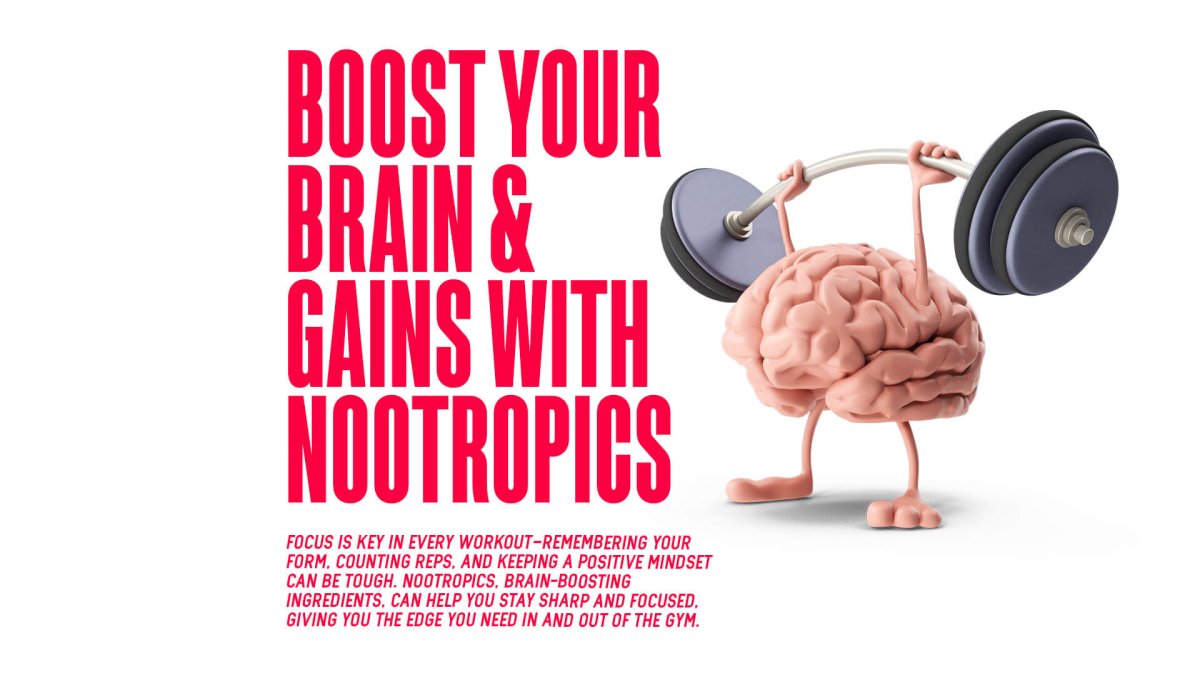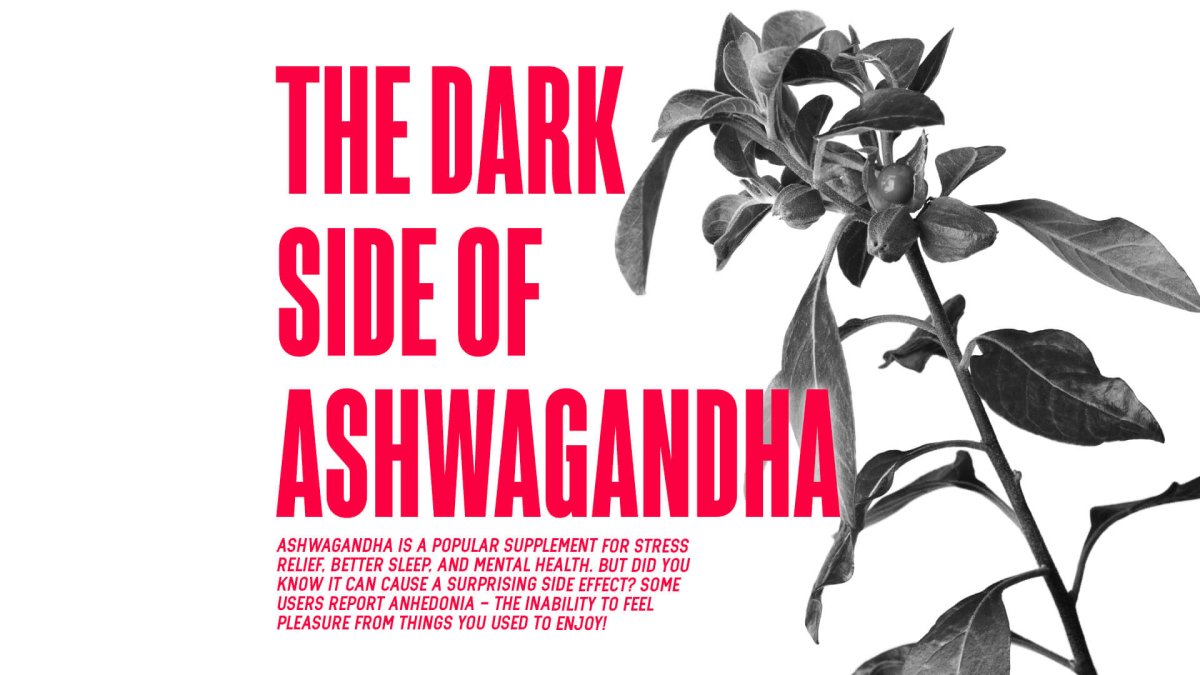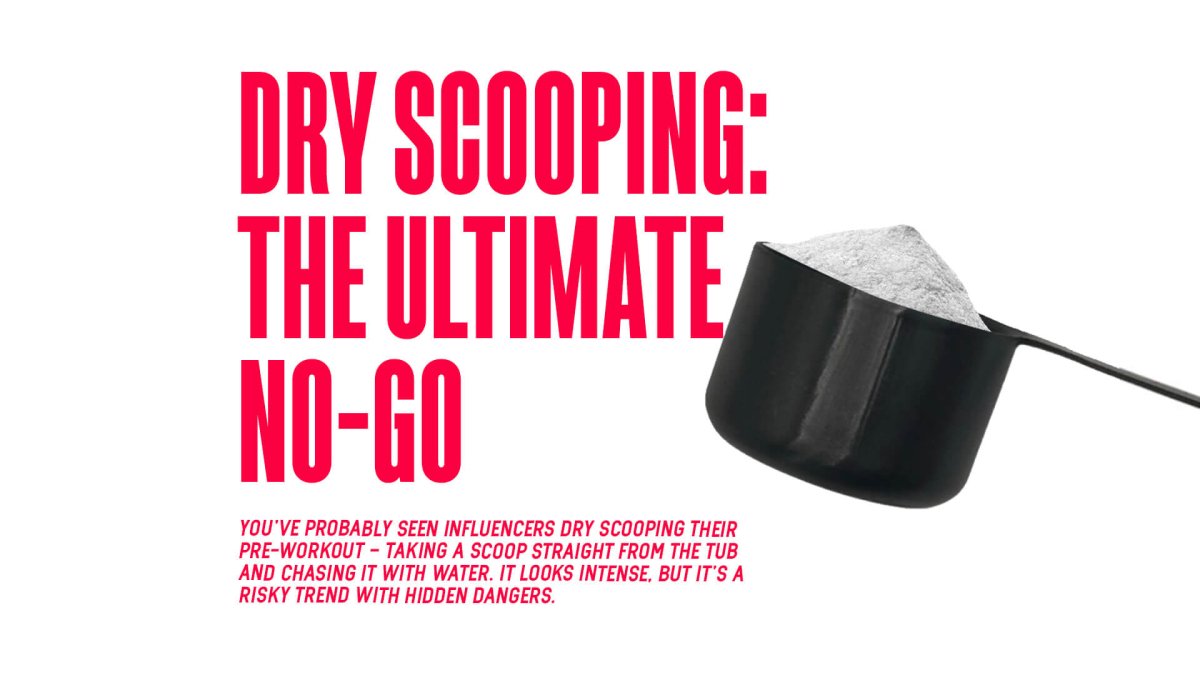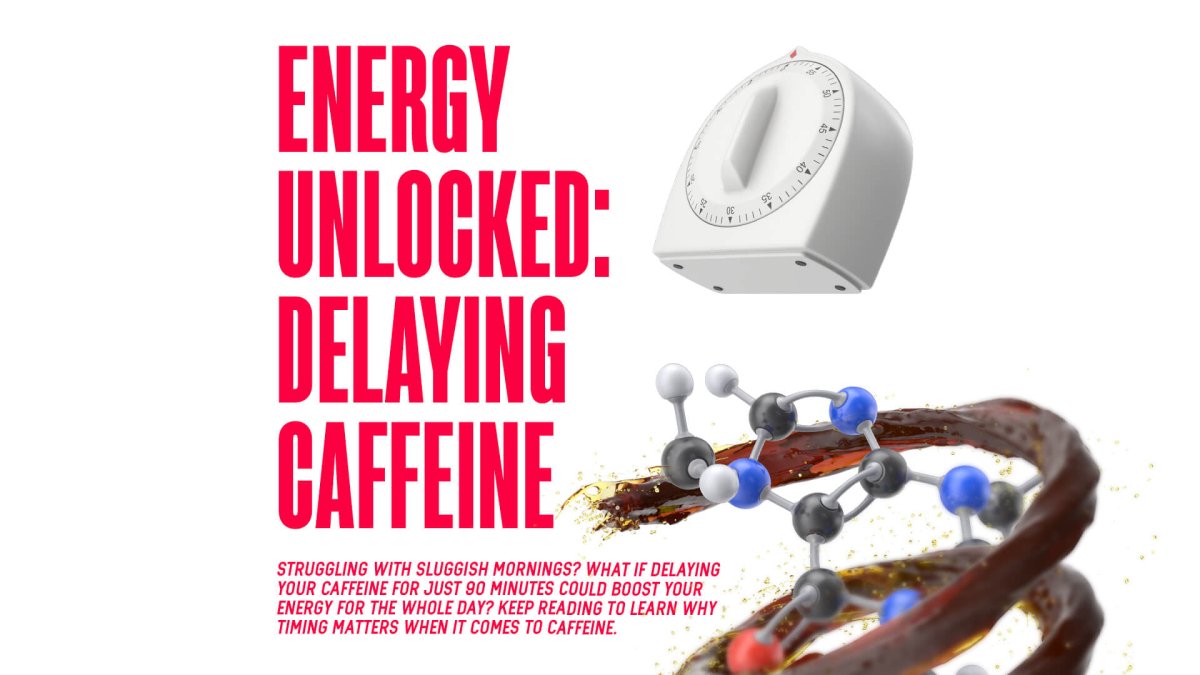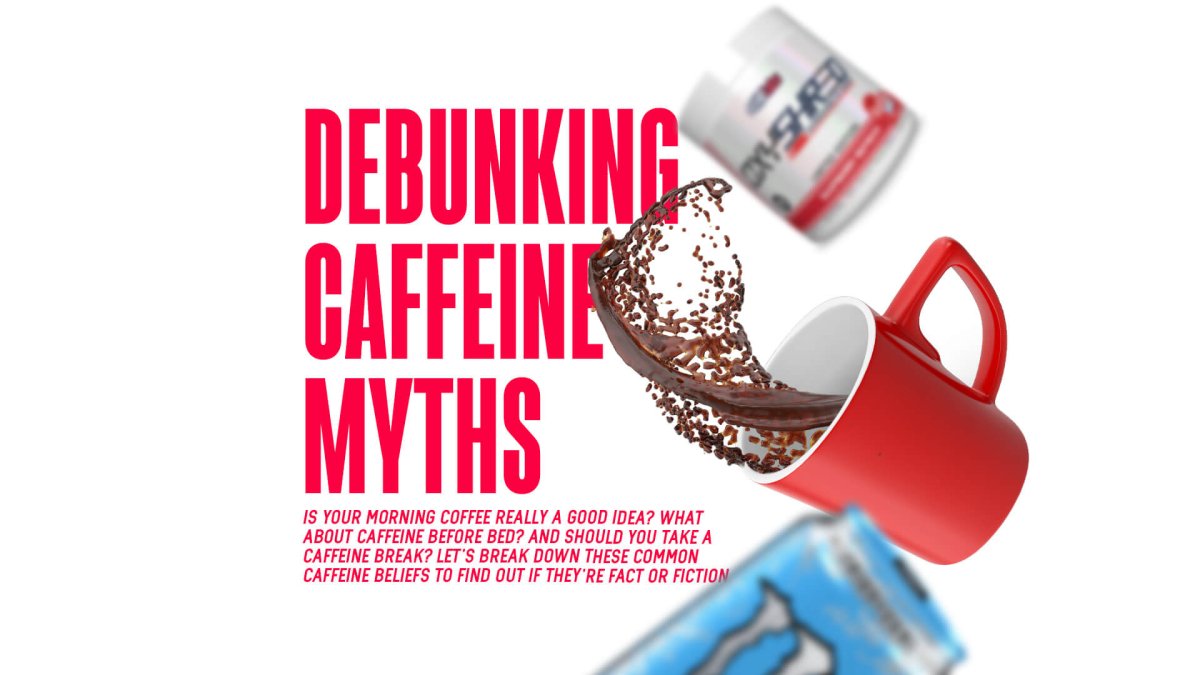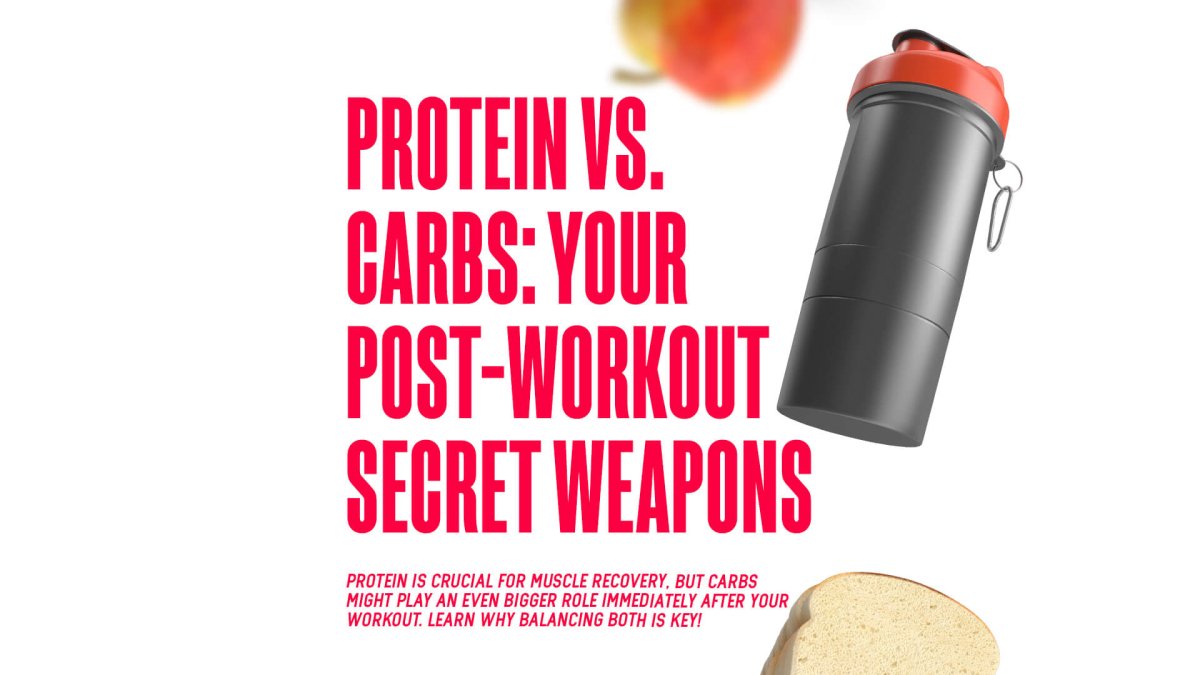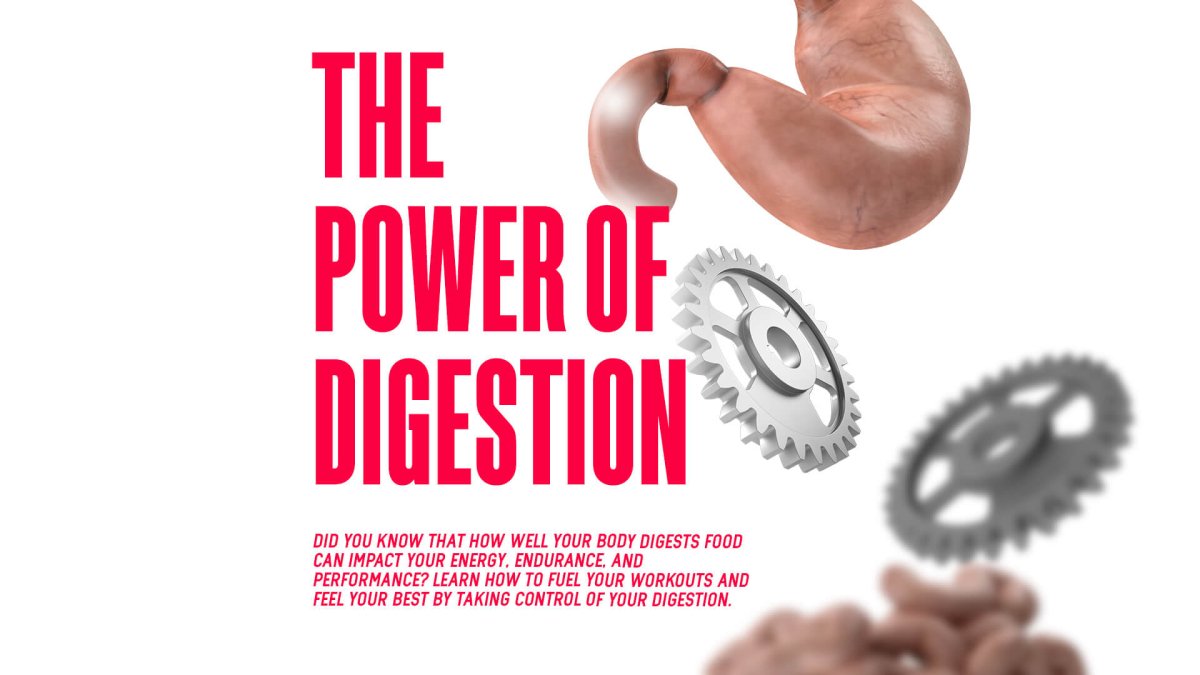Mental health and the gym goes hand in hand. When you talk to someone and why they started, it’s most likely due to mental health, but physical health and mental health are more intertwined than you’d think. Your mental health can affect your physical health, and your physical health can affect your mental health.
The Mental Health Dilemma
On those days that you feel down or stressed, you’ll probably find it hard to find the motivation to work out, or to even stick with a usual routine. Mental health affects more than just our brains, it affects our whole body. Energy level, focus, and even recovery can take a hit. Mental health challenges, such as anxiety or depression can make it super hard to stay consistent with your fitness goals, no matter how much you want to achieve them.
How Mental Health Affects Physical Fitness
Mental health can affect physical fitness in multiple ways. If you feel like you’re not hitting your goals like you should, maybe see if you fit any of these:
- Energy and Motivation: High levels of stress and anxiety can lead to an increased amount of fatigue, lowering motivation and making it harder to get to the gym for a workout. Especially the high intensity workouts.
- Focus and Performance: Mental health can affect your brain power as well. Shocking, I know. If you’re feeling down or anxious, it can be difficult to keep focused on your workout, which can give you an increased risk of injury.
- Sleep and Recovery: When your mental health suffers, so does your sleep. When your sleep suffers, so does your recovery. Without quality sleep, you won’t recover, making you feel much more sore and tired during the week.
- Stress and Fatigue: The stress hormone cortisol can spike when you’re in an anxious state. Affecting everything from your muscle gains to fat loss.
The Good News
On a positive note, it works the other way around! Going to the gym on a high stress day can turn the day around and end it on a positive note. From releasing endorphins, to helping with symptoms of anxiety and depression, here’s how exercise can help your mental state:
- Stress Relief: Exercise is amazing at reducing cortisol. Strength training, cardio or even a nice walk can lower stress levels and make you feel calmer.
- Boosts Mood: Hitting the gym releases endorphins and serotonin, giving you a boost in mood that gives you a natural high that lasts hours after your workouts.
- Better Sleep: Keeping active gives you a deeper, higher quality sleep. Good sleep plays a massive part in mental health by regulating mood, reducing anxiety and giving you emotional resilience.
- Routine and Control: Adding structure in your day from consistent workouts offer a sense of control and accomplishment. This can be really empowering for anyone with their own mental health challenges.
The Sweet Spot: Finding Balance
Listening to your body and mind is the key. If you’ve had a rough day, and your motivation is wearing thin, don’t beat yourself up for not doing your usual workout. Swapping it out for a lighter activity like a walk or stretching can still be beneficial for you to reach your goals and keep your mental health in check. On the other side of things, if you’ve had a good day, feeling motivated and energised, make the most of it and send it.
Wrapping It Up
Mental health and physical health are two peas in a pod. Fitness isn’t just physical, it builds resilience, boosts your mood and helps you find balance. Giving yourself permission to move when you’re feeling down could be the key to feeling that little bit better mentally and physically, no matter how hard it all gets. If you feel like you need further support, there are plenty of ways to get in touch with mental health professionals and get you back on track.
